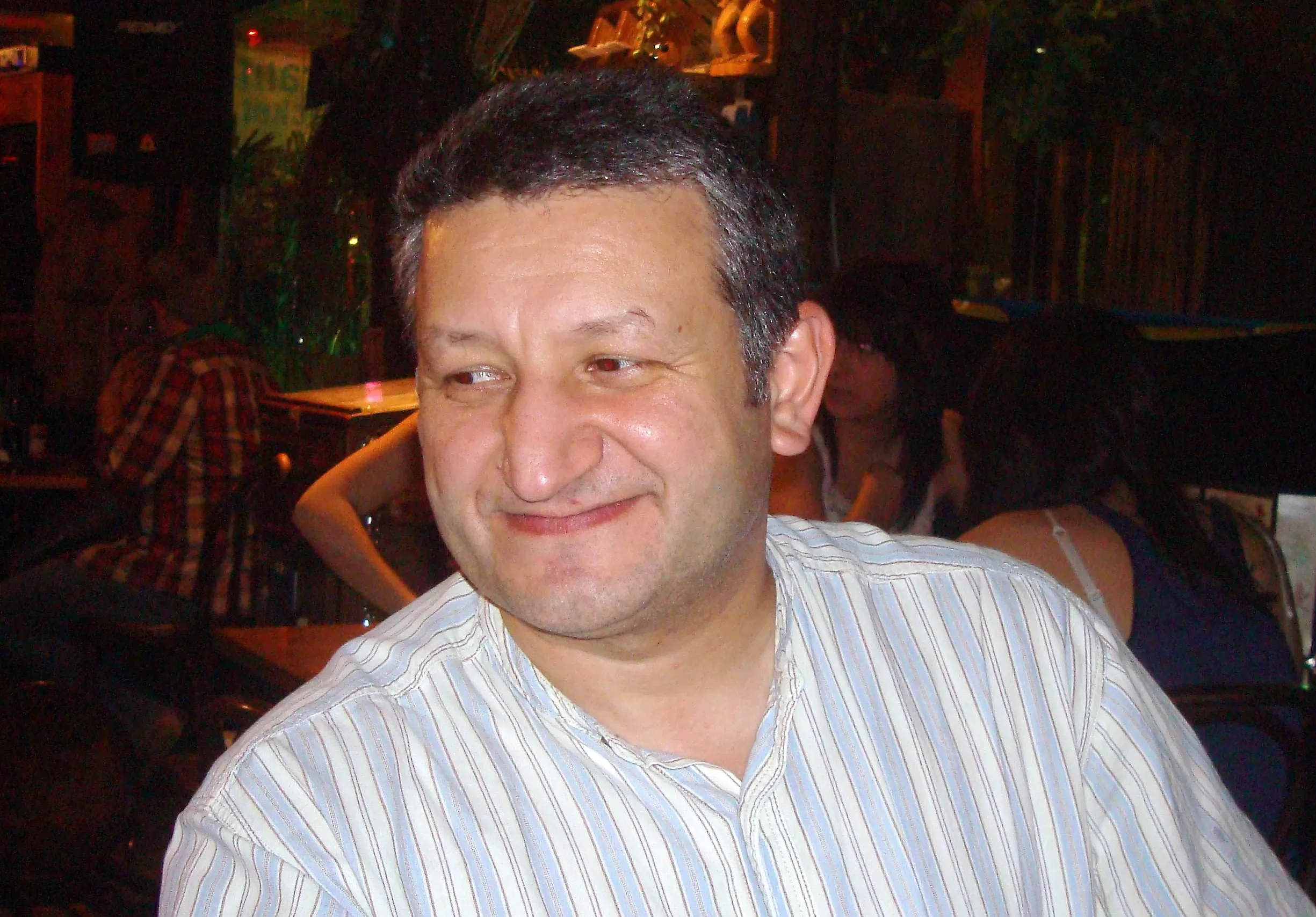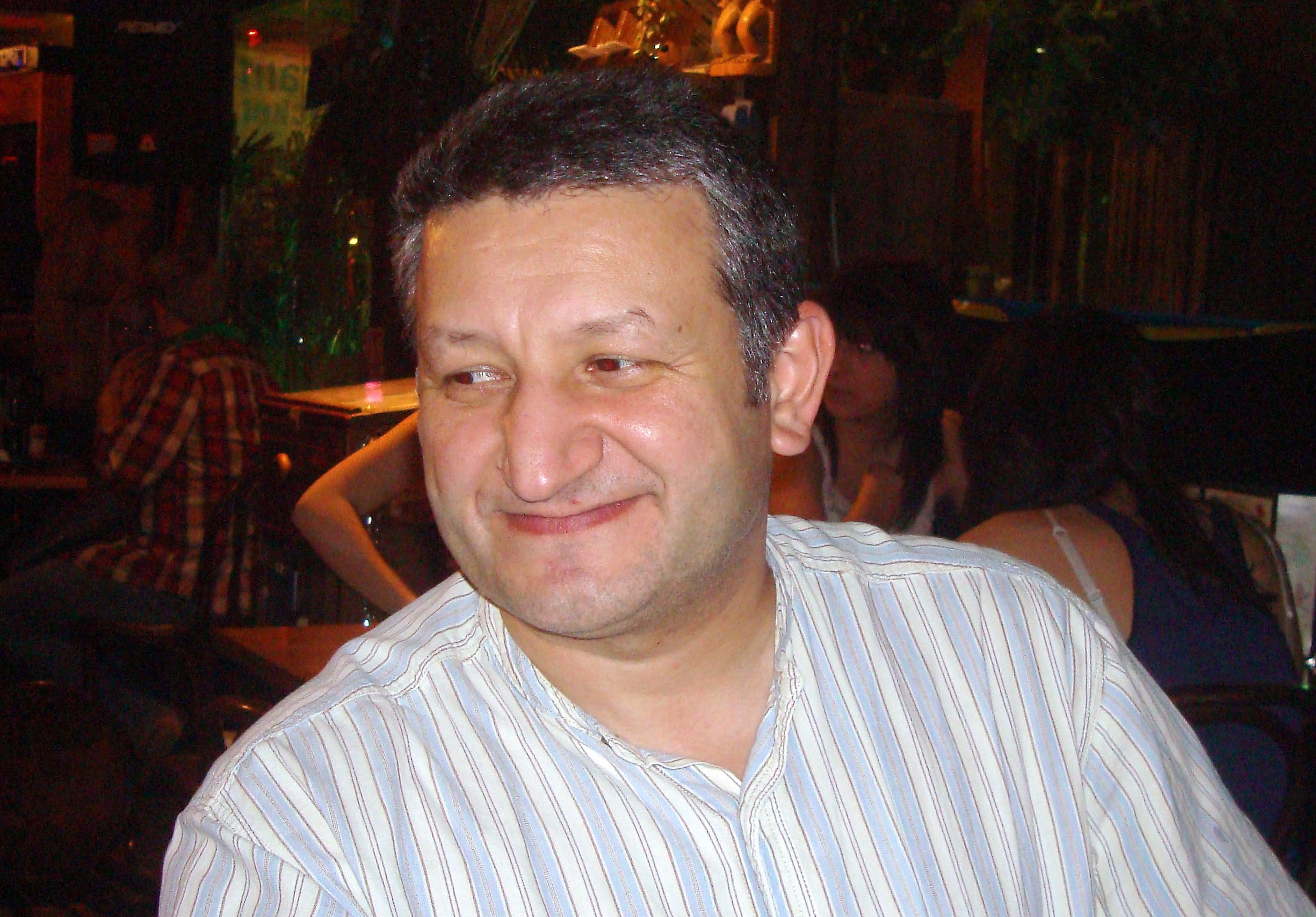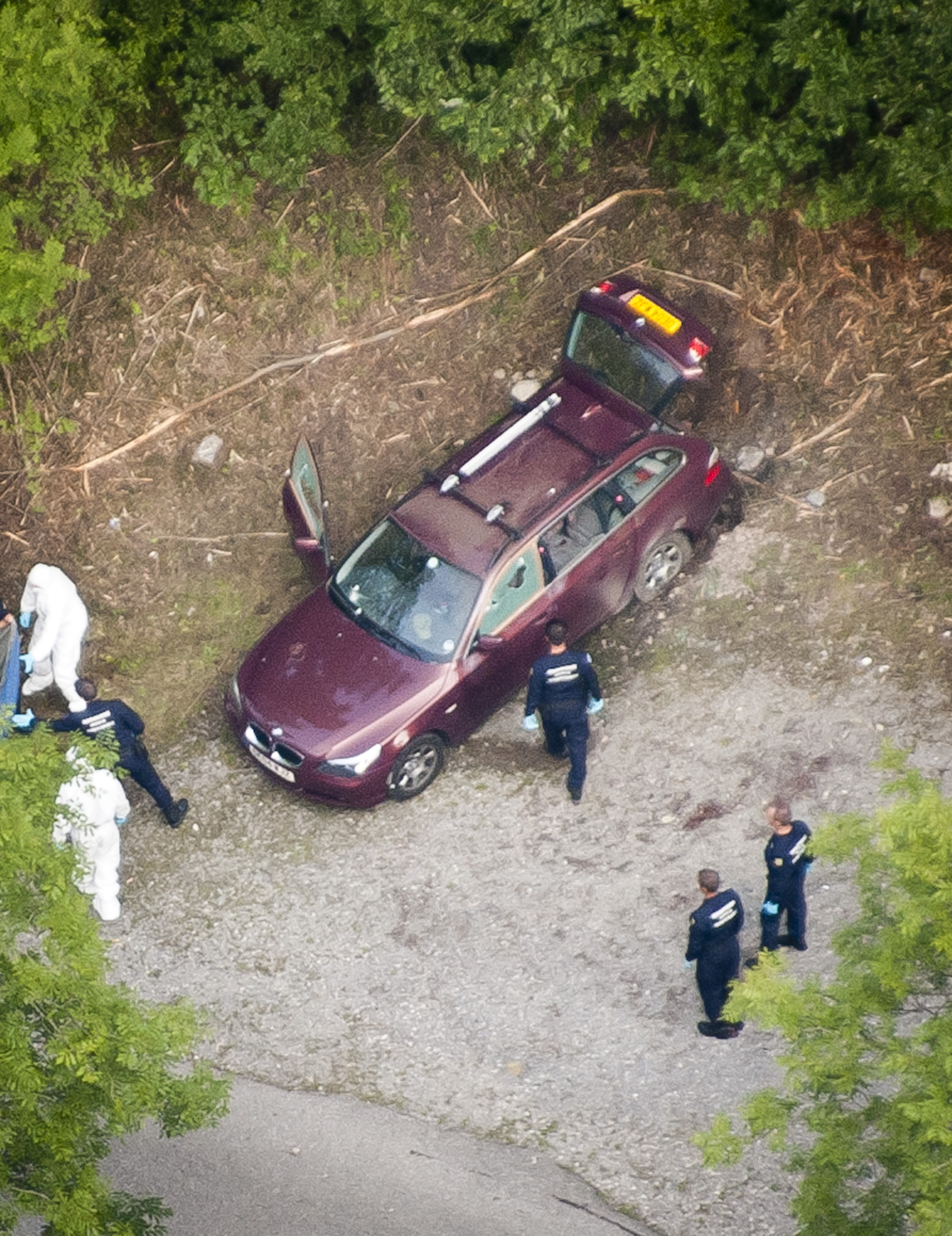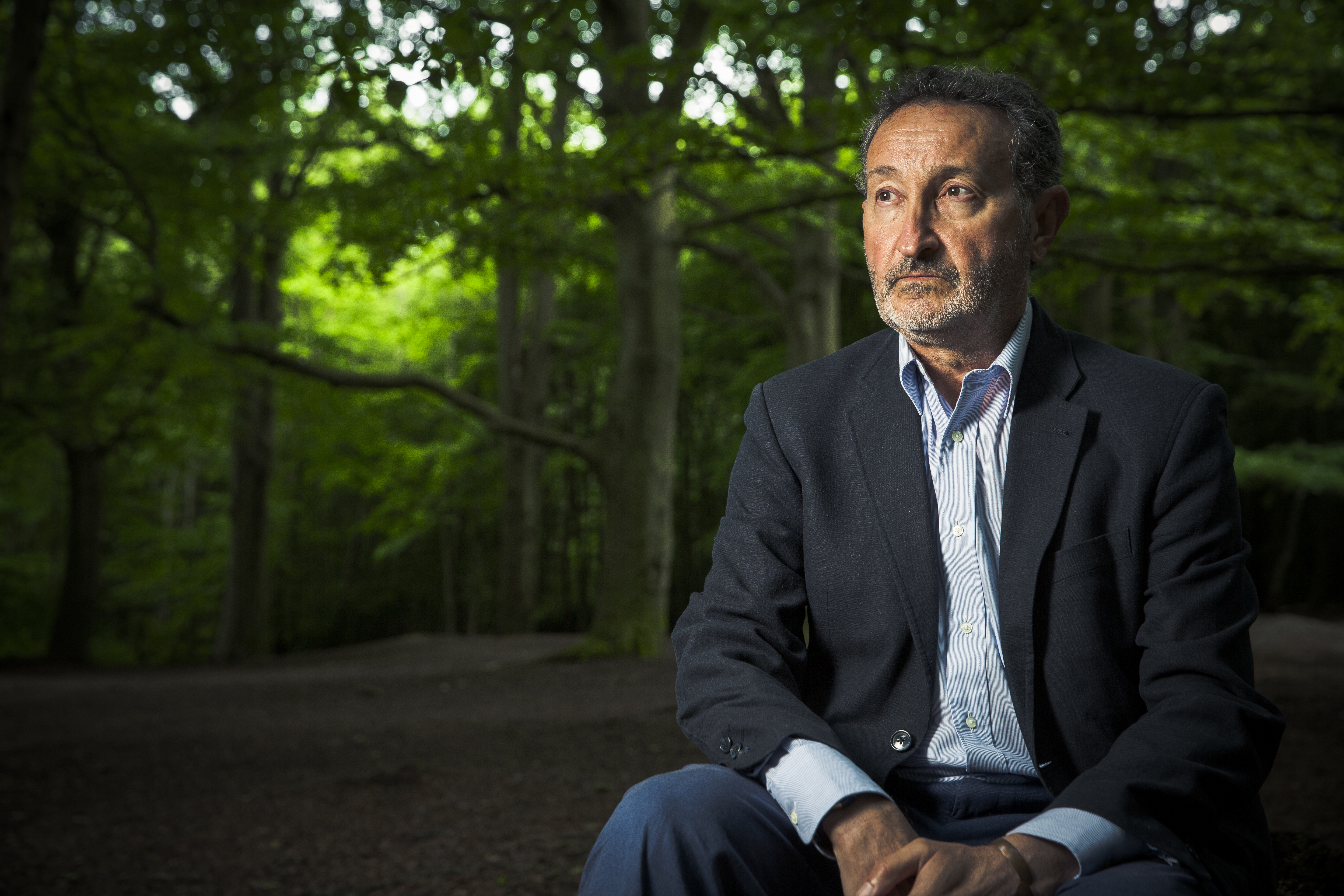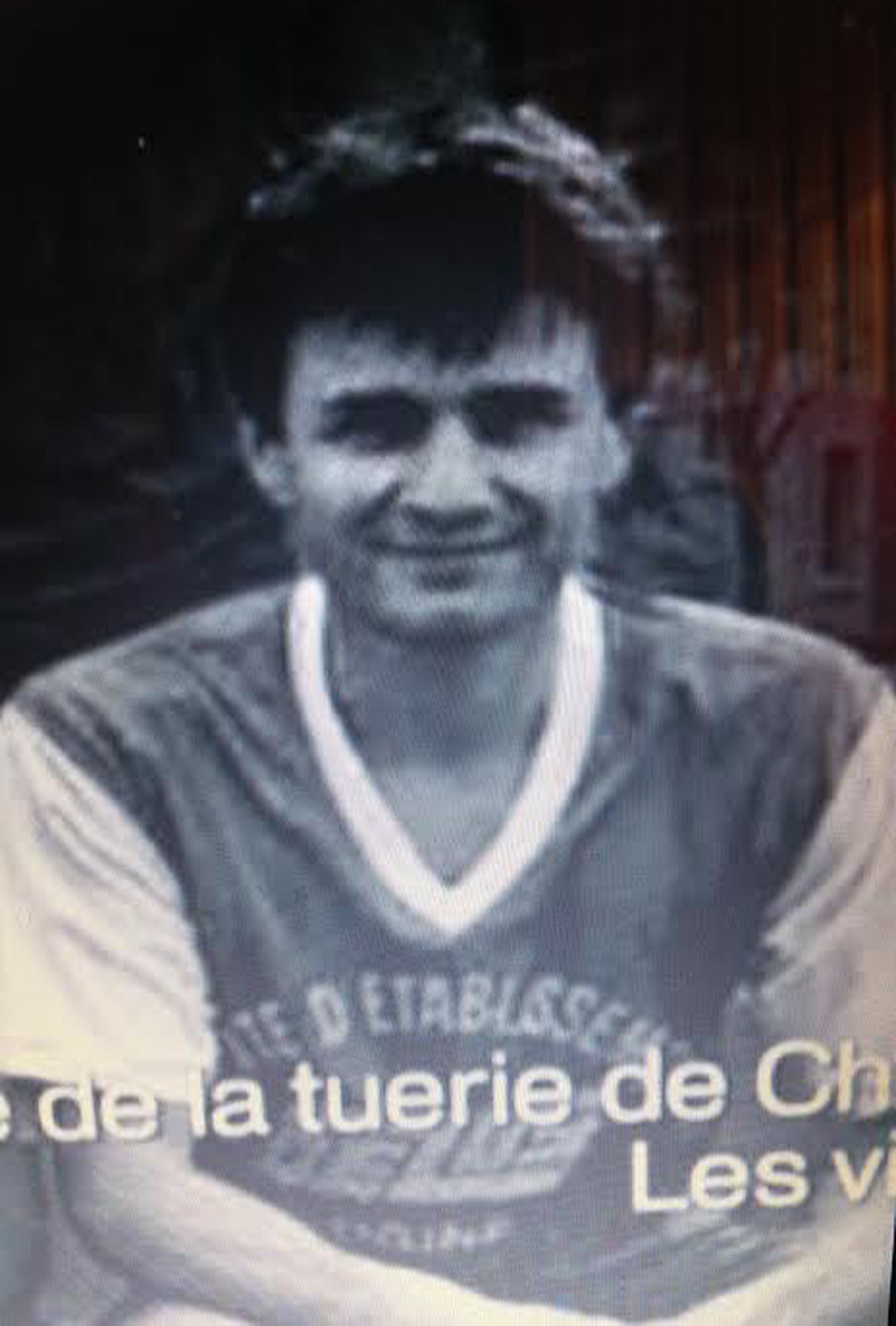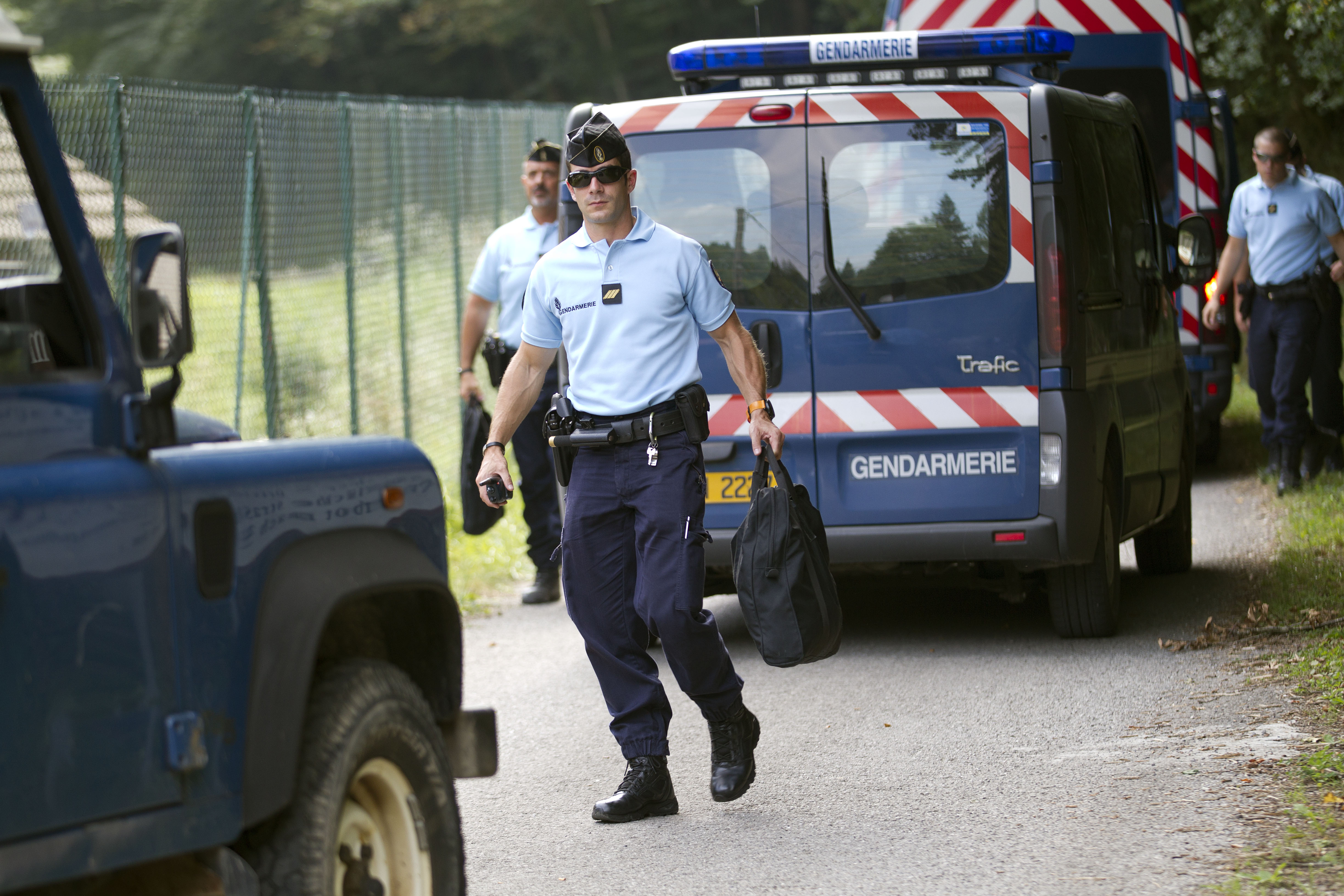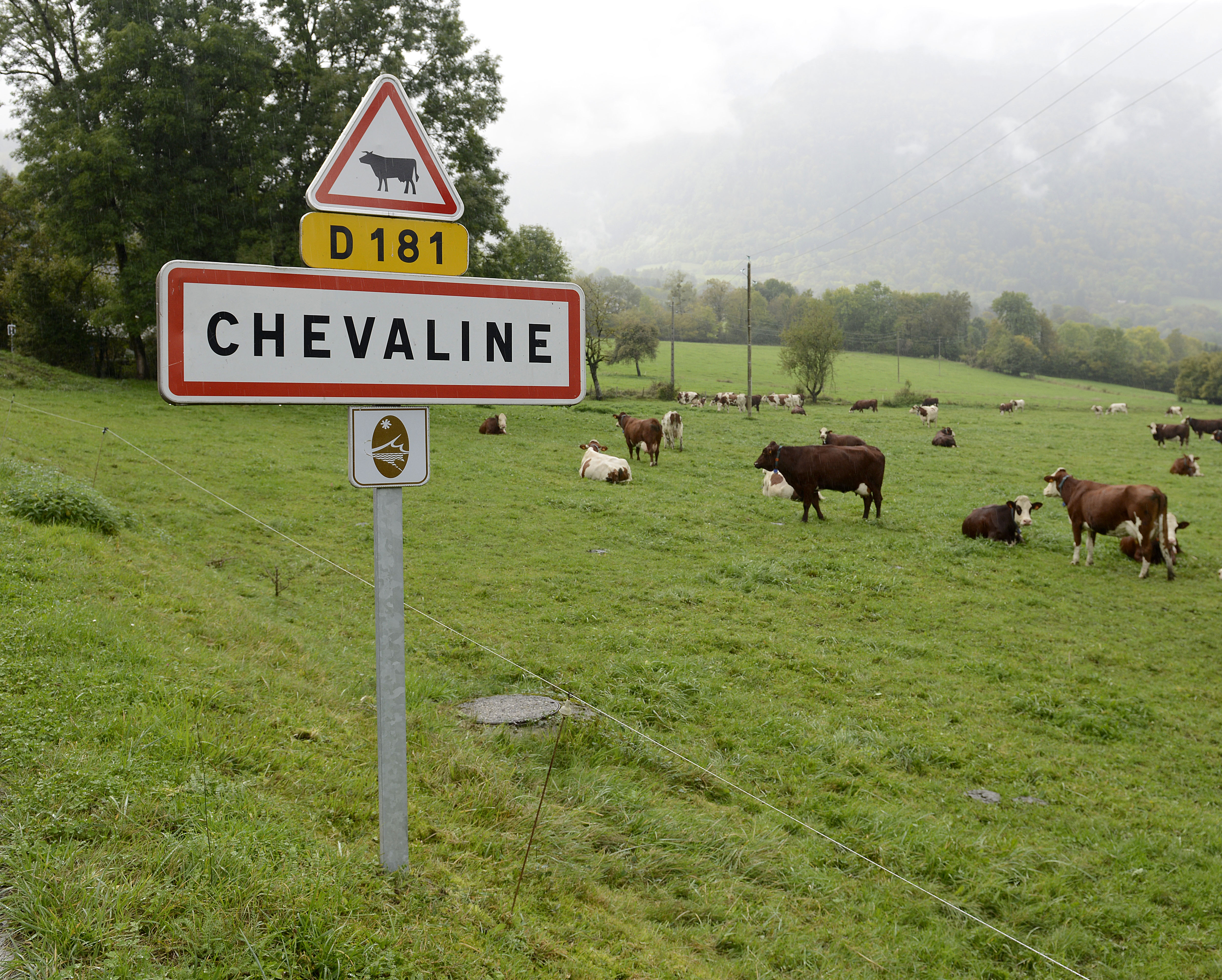Surrey engineer Saad al-Hilli, 50, his wife, Iqbal Al-Hilli, 47, and her mother, Suhaila al-Allaf, 74, were brutally gunned down in a BMW car during a trip to the Alps 12 years ago.
The attack also claimed the life of a 45-year-old cyclist Sylvain Mollier who many – including British cops – believe was the intended target of the attack.
The family’s two young daughters survived the massacre near Lake Annecy in eastern France, although seven-year-old Zainab Al-Hilli was shot in the shoulder and beaten around the head.
Cops found Zeena Al-Halli, four, alive after she escaped the assailant(s) by hiding underneath her mother’s legs while remaining motionless for some eight hours.
While cops to this day haven’t been able to solve the long-running mystery behind the murders, Saad’s brother has now slammed the investigating authorities for not investigating the case properly.
Zaid al-Hilli – who was arrested on suspicion of conspiracy to murder in 2013 but was later released due to insufficient evidence – called the original investigation a “deception”.
The 63-year-old told The Times: “Most crimes are locally linked, I think it was not properly investigated.”
“The original investigation was a deception, [an attempt] to deceive us. It was a local crime and has been covered up.
“They made allegations against me without any evidence, there was no attempt to look at a local motive right from the start… they have covered up three murders.”
He claims Mollier was the primary target of the brutal attack – and his family was simply “at the wrong place at the wrong time”.
While a ballistic report suggests Mollier was shot first – indicating he may have been the intended target indeed – French cops still kept investigating the case treating Saad as the main victim.
Zaid has now hired William Bourdon, one of France’s best-known lawyers, to pursue a fresh investigation.
Meanwhile, a new state-of-the-art DNA testing could soon shed fresh light on the unresolved tragedy.
A French cold case unit in the Paris suburb Nanterre has ordered the “unsealing of the fragments” of the murder weapon – a Luger PO6, Parabellum 7.65 – so it can be retested using the breakthrough testing methods.
Clothes that Sylvian Mollier and Zainab Al-Hilli wore on the day of the chilling attack will also be examined once more, as well as around 10 cigarette ends found in the vicinity.
The clothes set for analysis include a a helmet, cycling shoes, and sports clothing worn by Mollier when he was killed as well as Zainab’s shoes and clothes.
They will be studied in a specialist laboratory to find traces of any clues that could lead the way to solving the case.
An investigating source said: “It is hoped that new examinations will uncover DNA traces.
“If yes, then they will be sent for comparison with a national genetic fingerprint file which lists more than four million fingerprints, to see if there is a match.”
The source added that DNA methods have improved significantly over the years since the murder investigation was first launched.
However, given its direct contact with the killer, most hope for a breakthrough resolution to the case rests with the gun.
Most of the weapon had been removed from the scene, but small pieces of the grip were found near the family’s BMW car.
Alps murder mystery timeline
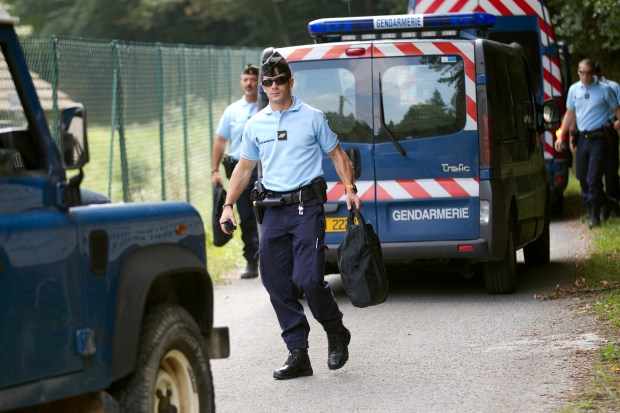
By James Moules, Foreign News Reporter
September 5, 2012: Saad al-Hilli, Iqbal Al-Hilli, 47, Suhaila al-Allaf, 74 and Sylvain Mollier, 45 are all killed in a shooting in the French Alps. The al-Hilli’s two young daughters survive the attack.
September 14, 2012: The al-Hilli’s elder daughter, who suffered injuries in the attack, returns to the UK.
September 22, 2012: British and French police join forces to solve the case amid a lack of progress.
June 2013: A 54-year-old man widely reported to be Zaid al-Hilli, Saad’s brother, is arrested in connection with the attack. He is later released without charge and strongly maintains his innocence.
September 2017: French police admit to having ‘no working theory’ on the case and no suspects after five years of investigation.
January 2022: Nearly 10 years on, an unidentified man is arrested for the murders. He is later released without charge.
June 2022: Channel 4 airs a three-part true crime documentary on the killings titled Murder in the Alps.
May 2024: A French cold case unit orders the ‘unsealing of the fragments’ of the alleged murder weapon for further DNA testing.
